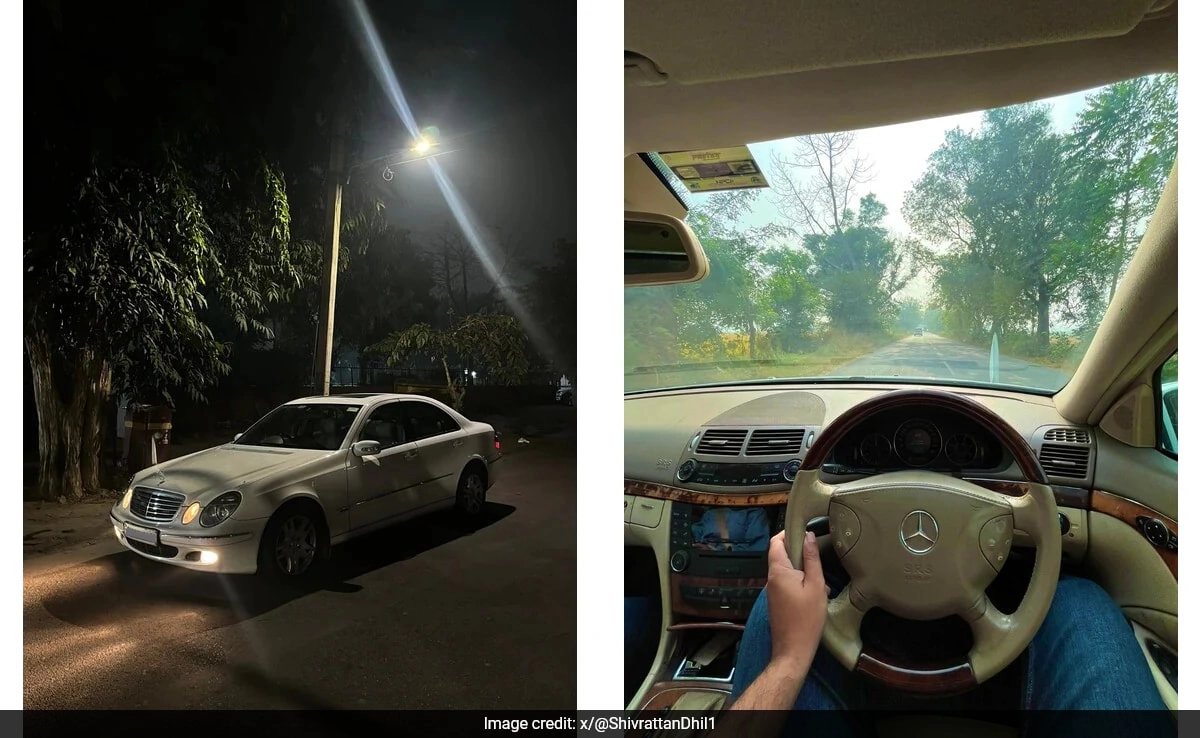In response to escalating tensions and violent protests over the Waqf Act, security measures have been significantly heightened across various regions of West Bengal. The unrest erupted as demonstrators expressed their dissatisfaction with the government’s management of Waqf properties, which are assets held for religious and charitable purposes in the Muslim community. The situation escalated quickly, leading to clashes between protesters and law enforcement agencies, resulting in injuries on both sides. In light of these developments, authorities have deployed additional police forces to sensitive areas, implemented curfews, and imposed restrictions on gatherings to prevent further outbreaks of violence.
The protests were ignited by concerns that the Waqf properties are being mismanaged and that their potential for community development is not being fully realized. Many protestors argue that the Act needs to be revised to ensure better oversight and transparency in the administration of these valuable assets. The violence that followed has alarmed local leaders and community members, prompting calls for dialogue and a more constructive approach to addressing grievances. The government’s response has been to maintain order, but critics argue that heavy-handed tactics may only exacerbate the situation.
Furthermore, the unrest has sparked a broader discussion about communal relations and governance in West Bengal, where diverse communities coexist. It has highlighted the need for a balanced approach to policy-making that considers the interests of all communities, particularly in matters that pertain to religious and cultural identity. As the situation develops, there is a growing demand for peaceful resolutions and the establishment of a framework that ensures the equitable management of Waqf properties. The hope is that through dialogue and collaboration, the tensions can be diffused, allowing for a more harmonious coexistence among the state’s diverse populations.
In the aftermath of the protests, community leaders and activists are calling for a comprehensive review of the Waqf Act and its implementation. They emphasize the importance of engaging with stakeholders from various backgrounds to build trust and ensure that the concerns of all parties are addressed. As West Bengal navigates this complex landscape, the challenge remains to foster an environment where dialogue supersedes discord, paving the way for a more inclusive and peaceful society. The situation serves as a reminder of the critical role that effective governance and community engagement play in maintaining social stability and cohesion.




